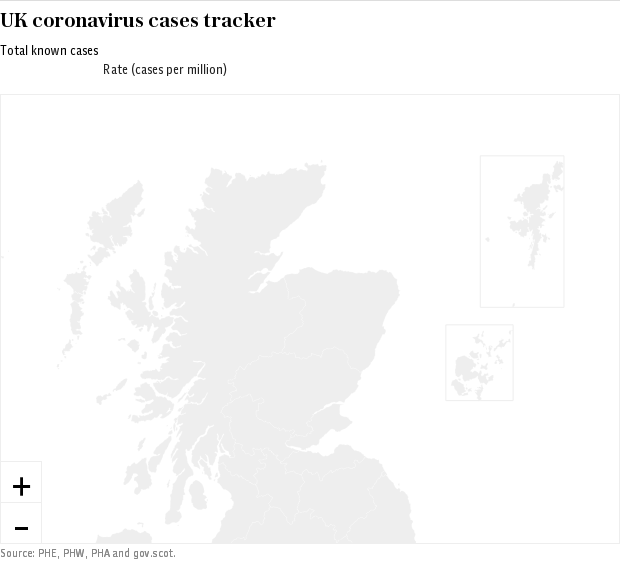Why did Britain's youngest coronavirus victim die alone?

The youngest British victim of Covid-19 told paramedics rushing him to hospital that he wanted to be a vet when he grew up, his family has said.
They spoke of their sorrow that Ismail Mohamed Abdulwahab, who was just 13, died alone - prompting the Royal College of Paediatrics and Child Health to question why his mother was not at his bedside.
A spokesman for the Royal College said: "We don't think this should be happening. No child should be dying alone in hospital."
Ismail, who had no known underlying health condition, suffered a cardiac arrest after contracting coronavirus. He started showing symptoms and had trouble breathing last Thursday, March 26, before being taken to King's College Hospital in south London, where he died on Monday, March 30. Ismail had been put on a ventilator and induced into a coma but never recovered. His death was confirmed on Tuesday evening.

In a series of statements, his family paid tribute to their "bubble of life".
Ismail, they said, had an "obsession with buses" but also "loved animals so much". The family said: "When the paramedics were here to take him to hospital, they asked what he wanted to be and he told them: 'A vet.'
"He'd never say no to anything he'd be asked to do by his family and was so curious, always asking questions about everything and anything. He was a bubble of life for the whole family, one who gave the whole house life, and one who will be dearly missed."
Ismail's mother, Sadiya, and his six siblings, from Brixton, south London, pleaded with the public to "stay at home as much as they possibly can, to protect the NHS and save lives".
Ismail's father, Muhammad Abi Faakir, died of cancer about five years ago.
In a statement issued on the GoFundMe website, which has been set up to assist the family with funeral costs and has far exceeded its target, they said they were "heartbroken" and devastated. They added: "Sadly, he passed away… without his family present and this is very painful for us as a family particularly as a mother.
"Ismail was a loving son, brother, nephew to our family and a friend to many people who knew him. His smile was heart-warming and he was always gentle and kind."
They declined to release a photograph of Ismail because of "how this will impact us upon seeing it" and said: "He leaves behind six siblings who are completely devastated and this has been made more difficult by not being able to be with Ismail while he was in the hospital."

The family, originally from Somalia, remain at their home in two weeks’ isolation, with mourners passing by the house to pay respects.
King's College Hospital Trust could not be reached for comment as to why Ismail died without at least one member of his family present.
His death in isolation has raised concerns with paediatric experts, who said that guidelines on admittance to intensive care units for children allow parents to be at a child’s side. It is not clear why that did not happen in Ismail’s case.
A spokesman for the Royal College of Paediatrics and Child Health said: "We don't think this should be happening. We don't know at the moment why that was.
"No child should be dying alone in hospital. We don't know the details of this case but we would never want a child to be dying alone if that can possibly be helped."
Meanwhile, the family of another teenager who died of coronavirus complained that he was told that he "didn't have to worry about that bad flu".
Luca Di Nicola, 19, a chef, died in London's North Middlesex Hospital on March 24. He was described by his family as "very healthy" with no previous health conditions.
Italian authorities have suggested he could have been saved if he had been diagnosed earlier.
Maria Angela Lelii, Deputy Mayor of Nereto, the hometown of Luca's family, told the BBC there would be "a different conversation" had Mr Di Nicola returned to Italy for treatment.

